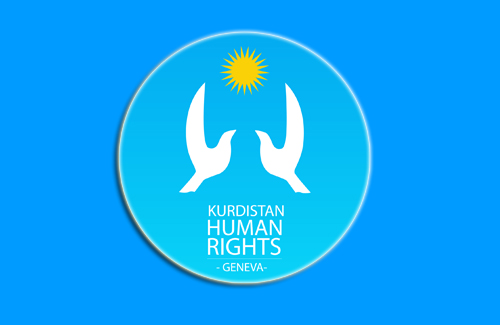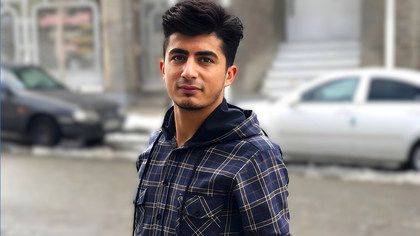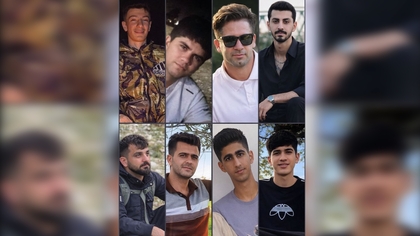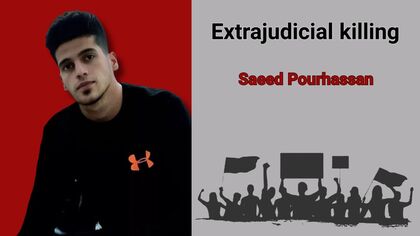KMMK-G: These serious human rights violations stem from the fact that Kurdish people are stateless
19:54 - 29 November 2018

At the United Nations’ Eleventh Session of the Forum on Minority Issues, the Association for Human Rights in Kurdistan of Iran-Geneva (KMMK-G) addressed the roots and consequences of statelessness affecting Kurdish people in Iran.
In its introductory, the statement reads: “It’s important to remind the world that Kurdistan, the country of 40 million of Kurds, has been divided between Iran, Iraq, Turkey and Syria according to the Treaty of Lausanne on 24 July, 1923. And it’s the biggest nation in the world without state. Since the Lausanne Treaty, the Kurdish people have been facing genocidal, assimilation and negation policies in the region; the last example is the genocide of Yezidis Kurds by Islamic State in 2014.”
It continues focusing particularly on Kurdish people in Iran saying: “In Iran, the current government maintains the policies of its predecessors and adheres to a system of governance based on the ideology of one country, one nation, one language and one religion. Those elements perpetuate systemic and systematic discriminations against all ethnic nationalities and religious minorities and repression of them in the country.”
Based on the statement, only for the period from January 1st to October 31, 2018, 197 Kurdish citizens called kulbar were shot dead or wounded by Iranian security forces, 749 other Kurdish citizens whose only crime was participating in peaceful protests and general strikes taking place in Iranian Kurdistan, were arrested; many of them have been given long prison sentences and charged with crimes related to civic activism and membership of Kurdish political parties. Furthermore, 54 Kurds were executed, against most of whom fraud allegations like security charges had been made. In 2018, the Kurdish proportion from executions rate constitutes one fourth of all Iran hangings while the Kurdish’ share in power is null.
“All these serious human rights violations stem from the fact that Kurdish people are stateless,” the statement reads.
At the end, the Association for Human Rights in Kurdistan of Iran-Geneva asked the Forum to take holding a session on the right to self-determination in its future works into consideration.
In its introductory, the statement reads: “It’s important to remind the world that Kurdistan, the country of 40 million of Kurds, has been divided between Iran, Iraq, Turkey and Syria according to the Treaty of Lausanne on 24 July, 1923. And it’s the biggest nation in the world without state. Since the Lausanne Treaty, the Kurdish people have been facing genocidal, assimilation and negation policies in the region; the last example is the genocide of Yezidis Kurds by Islamic State in 2014.”
It continues focusing particularly on Kurdish people in Iran saying: “In Iran, the current government maintains the policies of its predecessors and adheres to a system of governance based on the ideology of one country, one nation, one language and one religion. Those elements perpetuate systemic and systematic discriminations against all ethnic nationalities and religious minorities and repression of them in the country.”
Based on the statement, only for the period from January 1st to October 31, 2018, 197 Kurdish citizens called kulbar were shot dead or wounded by Iranian security forces, 749 other Kurdish citizens whose only crime was participating in peaceful protests and general strikes taking place in Iranian Kurdistan, were arrested; many of them have been given long prison sentences and charged with crimes related to civic activism and membership of Kurdish political parties. Furthermore, 54 Kurds were executed, against most of whom fraud allegations like security charges had been made. In 2018, the Kurdish proportion from executions rate constitutes one fourth of all Iran hangings while the Kurdish’ share in power is null.
“All these serious human rights violations stem from the fact that Kurdish people are stateless,” the statement reads.
At the end, the Association for Human Rights in Kurdistan of Iran-Geneva asked the Forum to take holding a session on the right to self-determination in its future works into consideration.



